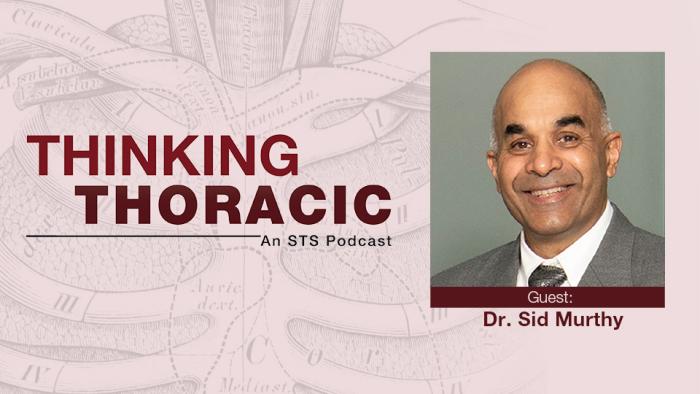David A. Fullerton, MD, Renowned Cardiothoracic Surgeon and Former President of The Society of Thoracic Surgeons, Dies at 72
Dr. David Fullerton, the ultimate gentleman surgeon, trainee advocate, and protector of patient safety, passed away peacefully on Dec. 15, 2024, at the age of 72. His death marks the loss of a revered physician, educator, and leader whose contributions to the specialty have left an indelible mark on the lives of countless patients and medical professionals alike.
Over the course of his distinguished career, he became known for his exceptional skill in complex procedures, his compassionate care, and his tireless commitment to advancing the practice of cardiothoracic surgery and critical care.
Born in Texas, Dr. Fullerton received his undergraduate degree from Southern Methodist University and his medical degree from the University of Missouri School of Medicine. He completed a residency in general surgery at the University of Washington and a cardiothoracic surgery residency at the University of Colorado.
Dr. Fullerton went on to work at Northwestern University in Chicago as Chief of Cardiothoracic Surgery and Director of the Thoracic Surgery Residency Program. He later returned to the University of Colorado, where he led the Division of Cardiothoracic Surgery from 2003-2022, while also serving as Director of Cardiothoracic Surgical Research and Director of the University’s Thoracic Surgery Residency Program. In addition, he served as Cardiac Surgeon-in-Chief and Co-Medical Director of the Cardiothoracic Surgical Intensive Care Unit for the University of Colorado Hospital.
A leader within the medical community, Dr. Fullerton served as president of The Society of Thoracic Surgeons in 2014-15. Under his leadership, STS made significant strides in enhancing surgical standards, promoting innovation, and fostering collaboration among clinicians and researchers. His advocacy for improved quality metrics and the incorporation of evidence-based practices in thoracic surgery earned him respect among his peers and inspired the next generation of surgeons. In his presidential address, Dr. Fullerton made an impassioned plea for expanding access to heart and lung surgery in underserved areas of the world.
Dr. Fullerton also dedicated a significant part of his professional career to the American Board of Thoracic Surgeons, serving as a Director, then as Chairman and Executive Director. Reflecting on his time with the ABTS, Dr. Fullerton said, “As a specialty, what we do is inherently high-risk and…requires great skill and leadership. ABTS board certification is a tangible demonstration that one has accomplished what is required to be a thoracic surgeon.”
Dr. Fullerton also held prominent leadership positions at the American College of Surgeons, Thoracic Surgery Directors Association, Thoracic Surgery Foundation, and Western Thoracic Surgical Association.
Throughout his career, Dr. Fullerton received numerous honors and awards, including recognitions as America’s Top Doctor and Best Doctors in America. He was a sought-after speaker at medical conferences. His passion for education was evident in his mentorship of young surgeons, many of whom went on to achieve great success in their own careers.
Dr. Fullerton's legacy extends far beyond his technical expertise. He was known for his integrity, his unwavering commitment to his patients, and his generosity in sharing knowledge. He mentored hundreds of medical students, residents, and colleagues in both academia and community-based practice.
His genial and welcoming nature defined him. He was truly the quintessential gentleman – respectful and always lending an ear and his keen mind to listen to a variety of opinions and thoughts from anyone. Dr. Fullerton's contributions to the profession have left an enduring mark on the specialty, and his influence will be felt for years to come.
He is survived by his wife, Christine, sons Patrick and Daniel, and a host of colleagues, friends, and former trainees who will remember him as a mentor, leader, and friend.
